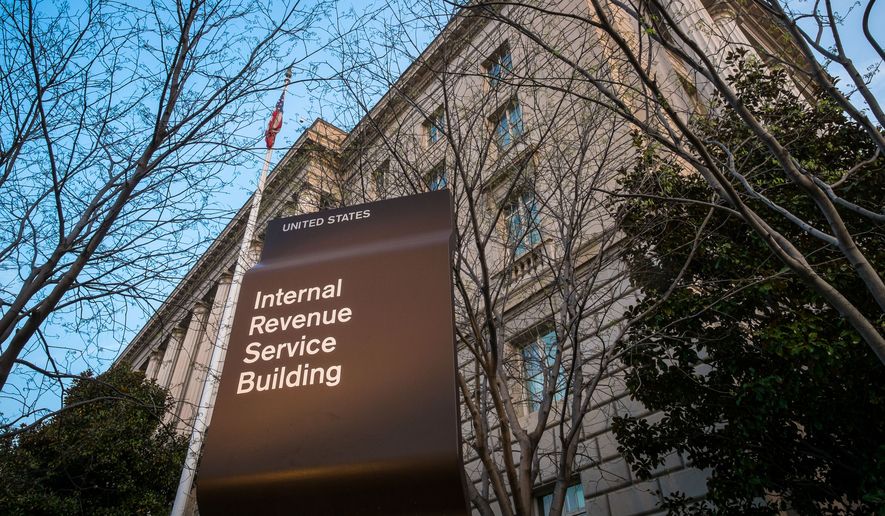Tea party targeting may be out, but wealth targeting is still very much in vogue at the IRS, where auditors target the wealthy and those with high incomes at much higher rates than other taxpayers.
While the average taxpayer faced a less than 1 percent chance of an audit in the 2014 fiscal year, those making $200,000 had twice that rate, and the higher the income, the more likely the auditors were to take a look.
Those with annual incomes of at least $10 million had a one in four chance of facing an audit in the 2013 fiscal year, which dropped to a one in six chance by last year, the agency’s inspector general said in a report late last week.
It’s all very much by design. Wealthy taxpayers are more likely to use complex financial arrangements to manage their money, and audits are needed to keep them in compliance and paying their fair share under the law.
But the inspector general said the agency needs to home in on whom it considers to be high-income taxpayers deserving of special scrutiny, to make sure it’s really going after the people who are hiding the most money and where the agency gets the best return on investment.
For example, every hour spent auditing a taxpayer with $5 million in income finds about $4,545 owed. But auditing someone making $200,000 produces $605 an hour.
“Because there are more taxpayers in the $200,000 to $399,999 range than in higher income ranges, it appears that the IRS is spending most of its audit resources on auditing tax returns with potentially lower productivity,” Deputy Inspector General Michael E. McKenney said in the report.
The IRS is operating on 2009 data for the definition of high income. Barack Obama used the $200,000 figure in his 2008 presidential campaign as a dividing line for what he deemed wealthy.
Douglas W. O’Donnell, commissioner at the large business and international division of the IRS, told the inspector general that personnel will revisit their data and figure out whether they need to change the threshold for whom they consider high-income, but he said they won’t stop going after some of the lower-priority taxpayers. He said they need all taxpayers to fear audits “to promote voluntary compliance.”
“Our decisions on resource allocation cannot be made solely on the basis of productivity measures (i.e., ’yield’),” Mr. O’Donnell wrote in his official reply.
In that, it’s the opposite of how the Obama administration has handled immigration enforcement, in which deportation agents have been ordered not to bother with whole classes of illegal immigrants under the belief that it’s not worth the time and effort.
According to the inspector general’s report, the taxpayers least likely to face audits are those whose adjusted gross incomes are $75,000 to $99,999. They had a chance of about one in 200 of facing an audit in fiscal year 2014.
Chances rose, however, for those on both ends of the spectrum. Those making less than $25,000 had a one in 100 chance of being audited, while those making $200,000 to $499,999 had a one-out-of-57 chance of facing the taxman.
Those who filed returns but reported no adjusted gross income, meaning their deductions canceled out their incomes, faced a one-in-20 chance of being audited.
The audit rates have dipped in recent years as IRS funding has been cut and the tax agency looks for places to save money. Customer service has suffered dramatically, with taxpayers’ phone calls regularly going unanswered, but the agency also says it is reducing its number of audits.
Still, the agency is moving ahead with plans to rewrite the rules on political behaviors by nonprofits — a policy that spawned the tea party targeting scandal, in which conservative groups were singled out for intrusive scrutiny and lengthy delays in getting their nonprofit applications approved.
The Justice Department said the tax agency showed poor decision-making but declined to pursue criminal charges against the IRS for the targeting. It said the bad behavior has been stopped, though several tea party groups still have not been approved several years after filing their applications.
• Stephen Dinan can be reached at sdinan@washingtontimes.com.




Please read our comment policy before commenting.